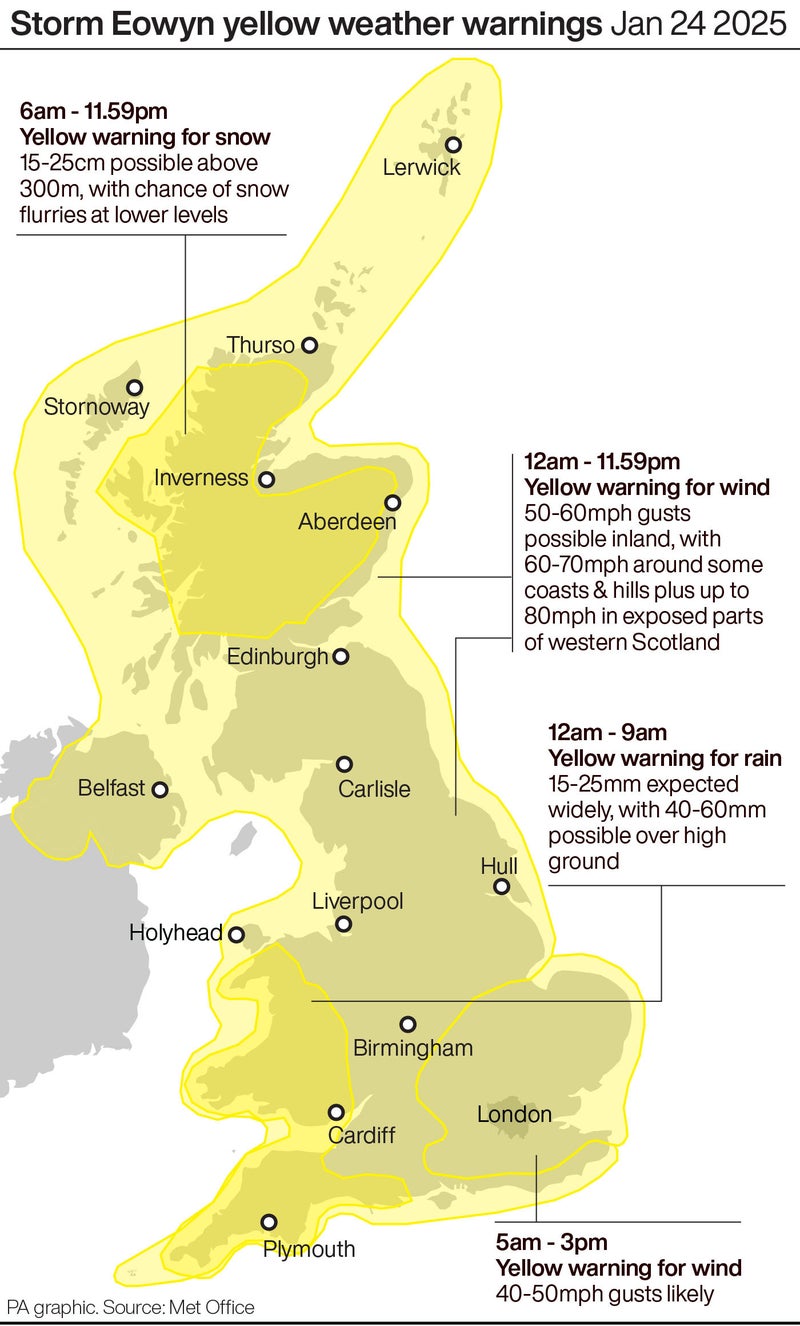Irregular migration into the European Union fell sharply last year, border agency says
Share:
The number of irregular border crossings into the European Union fell significantly in 2024, according to the bloc's border control agency Frontex, something which it attributed to intensified cooperation against smuggling networks. The Warsaw-based agency said in a statement that its preliminary data for last year reveal a 38% drop in irregular border crossings into the 27-member bloc.
The data refers to the number of detections of irregular border crossing at the external borders of the EU, not the total number of people who tried to cross. In some cases the same erson may cross the border several times in different locations at the external border, Frontex notes.
The agency said that there were just over 239,000 detections of irregular border crossings, the lowest number registered since 2021, when migration was lower due to the COVID-19 pandemic. The agency said that despite the overall decrease, challenges persist, including dangerous sea crossings resulting in significant loss of life and the evolving tactics of smuggling networks.
Despite the decrease in irregular arrivals, a sense has taken hold across Europe that there is too much unregulated immigration to the continent. The issue has dominated political life in Europe since 2015, when more than a million people arrived at once, many fleeing the war in Syria. The issue has boosted far-right parties that strongly oppose accepting large numbers of refugees and migrants — including in places like Austria and Germany.
The decrease in the total number was mainly driven by a 59% plunge in arrivals via the Central Mediterranean route due to fewer departures from Tunisia and Libya, Frontex said. It also reported a 78% fall in detections on the Western Balkan route following efforts in that region to halt arrivals.






















